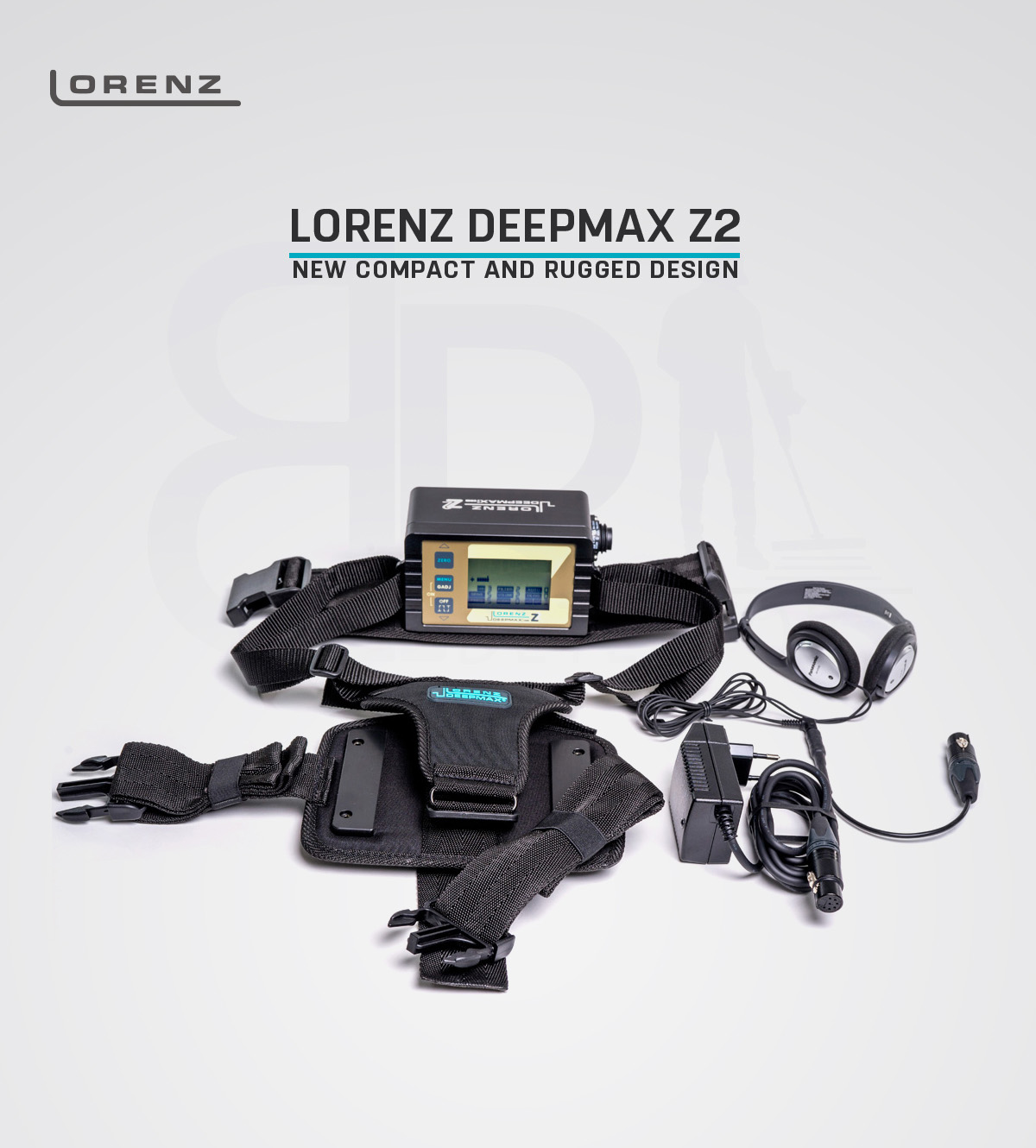The allure of gold has fascinated explorers for centuries, and in today’s modern world, technology has taken treasure hunting to a whole new level. Instead of relying on luck or folklore, enthusiasts and professionals now use advanced long range gold detectors to locate precious metals buried beneath soil, sand, and even rocky terrain. But if you’re considering buying one, you may be wondering: what is the actual price of a long range gold detector, and is it really worth the investment?
As someone who has spent time in the field with different detection systems, I can say that the answer isn’t straightforward. Prices vary widely depending on the technology, depth range, brand reputation, and features that a detector offers. Understanding these differences is crucial before spending your hard-earned money.
Understanding How Long Range Gold Detectors Are Priced
Unlike entry-level hobbyist detectors that you can find for a few hundred dollars, long range gold detectors are in a different category altogether. They are engineered for serious treasure hunters, prospectors, and in some cases, even professional exploration teams.
Prices typically start at around $2,000 and can easily go above $10,000 for high-performance models. Why such a wide gap? It mostly comes down to the detection technology. Long range detectors often incorporate advanced electronics capable of identifying gold at impressive depths and distances, something a basic detector simply cannot do.
Moreover, the price often reflects durability. High-quality detectors are built to withstand harsh outdoor conditions, from desert heat to humid forests. For those planning extended treasure hunting trips, investing in robust equipment can mean the difference between success and failure.
Comparing Long Range Gold Detectors and Pulse Induction Systems
It’s worth understanding how long range systems differ from other technologies, such as the pulse induction metal detector. Pulse induction (PI) technology is well-known in the detecting community for its ability to penetrate mineralized soils and detect objects at great depths.
While long range detectors are designed to scan larger areas and point you toward a target direction, PI systems are often used for confirmation and precise digging. Many experienced treasure hunters combine both tools: the long range detector to locate a general area, and the PI machine to pinpoint exact finds. This layered approach can maximize success, though it also raises the overall cost of your gear.
Understanding this relationship helps explain why some adventurers are willing to spend thousands of dollars on detection setups. It’s not just about buying a single device—it’s about creating a toolkit that works across different environments.
Spotlight on the Lorenz Z2
One of the standout devices in the market is the Lorenz Z2, a detector known for its depth, reliability, and advanced features. This model isn’t for casual hobbyists—it’s designed for serious prospectors who want cutting-edge detection capabilities.
The Lorenz Z2 combines powerful ground balancing features with exceptional sensitivity, making it possible to detect not just large gold deposits but also smaller items that other detectors might miss. Its price point, which sits in the premium range, reflects its professional-grade engineering and durability.
In my experience, machines like the Lorenz Z2 justify their cost when used in the right context. If you’re planning large-scale searches in areas with challenging soil, investing in a tool of this caliber can save time, reduce false signals, and significantly improve your chances of making a discovery.
Factors That Influence the Cost of Gold Detectors
When evaluating the price of long range gold detectors, it’s helpful to break down what actually contributes to the cost:
First, technology plays the biggest role. Sophisticated circuits, signal processing, and software add to both performance and price.
Second, brand reputation can influence what you pay. Established companies often charge more, but they usually back it up with warranties, customer support, and proven track records.
Third, accessories and upgrades matter. Some detectors come with specialized coils, rechargeable power packs, or carrying cases that add to the total cost.
Finally, regional availability affects price. Import duties, shipping costs, and reseller margins can make the same detector more expensive in some markets than others.
Understanding these factors helps buyers see beyond the sticker price and appreciate what they’re really paying for.
Are Long Range Gold Detectors Worth the Price?
The value of a long range gold detector depends on your goals. For a casual hobbyist exploring local parks or beaches, a high-end machine might be overkill. But for serious prospectors who travel to gold-rich regions, the investment can be justified by even a single successful find.
I’ve seen treasure hunters who hesitated at the cost but later recovered gold or valuable relics worth far more than what they paid for the detector. On the other hand, I’ve also met people who bought advanced machines only to let them gather dust because they lacked time or opportunity to use them properly.
That’s why I always advise potential buyers to honestly assess their commitment. If treasure hunting is more than a passing curiosity—if it’s a serious passion or profession—then a long range gold detector could be an invaluable tool.
Final Thoughts
So, what is the price of a long range gold detector? The short answer is that it ranges from a few thousand to over ten thousand dollars, depending on the brand, technology, and features. While that may sound steep, for the right user, the investment is justified.
Models like the Lorenz Z2 represent the top tier of detection technology, offering power and precision that can make a real difference in the field. Combined with complementary tools such as pulse induction systems, they form part of a treasure hunter’s arsenal that can open doors to discoveries once thought impossible.
Ultimately, the question isn’t just about cost—it’s about value. If you see treasure hunting as a true pursuit, then the price of a long range gold detector may be one of the smartest investments you’ll ever make.




